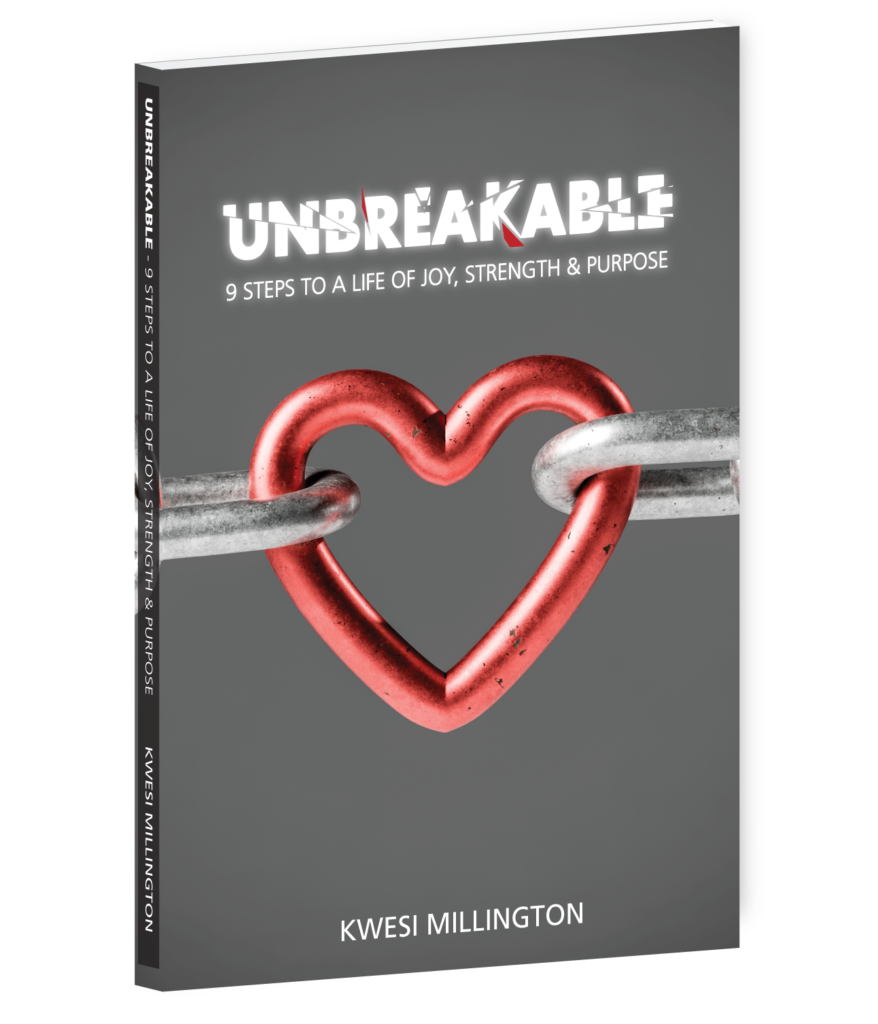No. I’m not talking about suicidal individuals provoking police officers to a lethal response – not that type of “suicide by cop”. I’m talking about first responders who take their own lives. This article may refer to police officers, this is about suicide awareness tools for all first responders.
I don’t pretend to know why suicide among police officers is twice the national average of other professions. I can only guess that the reason is what we see on a daily basis. The calls we attend. The people we deal with. The scrutiny and pressure we live under.
From a personal standpoint, I can only give my reasons. As a former officer who suffered with both depression and PTSD, I know the above reasons factored in. As someone who also thought about suicide, I can only share what helped me climb “out of the hole”, in hopes that it can also help you if you’re in that situation or know someone who is.
The following 5 depression cures are not just for cops or first responders. They apply for anyone of any age who is battling mental health issues or thoughts of suicide. They have worked for me, and from talking to others who have struggled with these same issues.
STEP #1 – ASSOCIATION
When I was diagnosed with major depressive disorder, the best step that I took was to talk to a psychologist. I had already been seeing her when I had been assessed, but having someone to work with to get through the dark times was essential. But that’s fairly obvious. What may not be so apparent is that who you associate with on all levels can have a dramatic impact on your ability to recover.
For a short time, I also attended a group with other first responders going through their own battles with depression. If you’re struggling with your mental health, it may help to realize that you’re not alone. One key to recovery is finding people who are like you, who understand what you experience and can relate.
STEP #2 – ACTIVITIES
“Work harder on yourself than you do on your job.” (Jim Rohn)
What do you do? Actually, here’s the better question. What do you do after you do what you do? In other words, what do you do with your free time?
In 2005 when I became a police officer, my answer to this question was simply: more policing. I picked up overtime shifts, or I worked out to be fitter on the job. Most of what I did outside of my regular shifts had to do with my career. I had almost no activities outside of what I did for a living. It’s like getting a sunburn. You don’t think about how damaging the heat from the sun can be until you get out of it for a while and the burn sets in. In my life, I didn’t realize how damaging a tunnel vision policing life could be until I was forced to step away.
When I was forced to look at alternatives for a career, at first I was stuck. All I knew was policing. My life was immersed in law enforcement. It was me. And when you equate your profession with your purpose, depression is inevitable. At first I didn’t know how to handle it, but I soon discovered that adding activities that had nothing to do with my career was essential to my mental health. However the key is this – they were positive and challenging activities. In 2010, I competed in a few fitness competitions. In 2013, I joined a speaking group called Toastmasters. I found something else that I could attach a sense of achievement and purpose to, and if you’re suffering with a stuck mindset, I urge you to do the same.
STEP #3 – ACCEPTANCE
“Beware the person who seeks to lead and has not suffered.” (Eric Greitens)
In his book Resilience, author Eric Greitens reads letters that he wrote to a friend that was suffering with post-military PTSD and depression. The above quote is just one of many gems that I picked up from his writing. There comes a time in the midst of suffering that you just have to suck it up that sometimes life sucks. Everyone goes through strife. In fact, in Buddhism, one of the most peaceful practices on the planet, they say that life IS suffering. By this statement they are referring to the fact that everything in life is transient. Things change, and both the good and the bad eventually end. Once we keep that truth in mind, we don’t resort to final decisions such as suicide. Greitens says that suicide is like multiplying your hurt, and giving it to those you love. Acceptance simply means you live in what you’re experiencing – good or bad – staying aware that everything has an expiry date.
When I was charged with a crime I didn’t commit, acceptance kept me going. When I was convicted, strip searched, handed an orange jumpsuit, and locked up, acceptance kept me going. When I spent 23 hours a day in a solitary confinement cell to keep the former cop “safe” from the criminal population, acceptance kept me going. It’s not always easy, but no matter what happens, acceptance is the key – because eventually everything ends.
STEP #4 – ADVOCACY
“When life is pleasant, think of others. When life is a burden, think of others.” (Pema Chodron)
What do you love? Another question – What do you hate? That’s how you find something to advocate for, aka something that will get you out of your mental funk. Example….I hate the idea of kids going hungry to school. I remember how hard it was to be in school without having to think about hunger. I can’t imagine having to learn on an empty stomach. So I did something about that feeling. I started volunteering to deliver food bank groceries to families and schools where children were in need. Not a big step, but one that served 2 purposes: it helped others, and it helped me. Remember this: You cannot be sad while you’re serving.
You can’t feel down in the moment that you’re giving. So find somewhere and someone to give to. Find a purpose that fills you with passion. Find something that you hate and work to change the reality around you. When you think of and give to others, you can’t help but feel value for yourself. And people who value themselves don’t kill themselves.
STEP #5 – ADVANCE
Finally, we have to be easy on ourselves. The times when I’ve felt most suicidal in my life were all focused on past or future thoughts. Thoughts about what had happened to me in my past, or what the future would look like. There are days when I felt like doing nothing at all. There were others that caused me to feel like I could conquer the world. The problem is that I had this mental “to-do” list for my days, months and life that determined my self-worth.
Sure it’s fine to have goals to grasp. However, it’s more important to start where you are and do small things greatly. Just feel like staying home? Okay, do that and pick one thing to do in a great way. That may mean cooking a meal to the best of your ability. That may mean reading a few pages of a good book with ultimate presence and attention. That may just mean making your bed while you grab a bite to eat, then jumping back into bed for the day. Make the hell out of that bed. Say to yourself, “I made the bed today!” Smile. Stop putting a world of expectations on your shoulders. Do small things, in a great way. That’s how you advance in life.
I do hope this helped someone…
If it did, please write to me and let me know. It’s my goal to be the reason a first responder, a teenager, or anyone decided not to write that suicide letter.
And yes, I hope this helps those who are thinking of trying “suicide by cop” as well.
Kwesi Sekou Millington
Resiliency Speaker & Coach



I like your attitude – I also saw your YouTube video – after recently finishing Blamed and Broken. Without touching on that at all, let me say again that I think your choice to be positive in your life is the only choice that will be successful. Your essays here are terrific! I fully believe in what you are doing (please don’t listen to any criticism) and I hope that you live the best life possible. If you’ve made it this far – and you have – then there is no one out there able to keep you down. I’ll be following your future. Best wishes, Kwesi! Dan in Comox, BC
Thank you so much for your support!! If you’d like to read my book (no pressure at all), here’s the link: http://amzn.to/304Cg0B